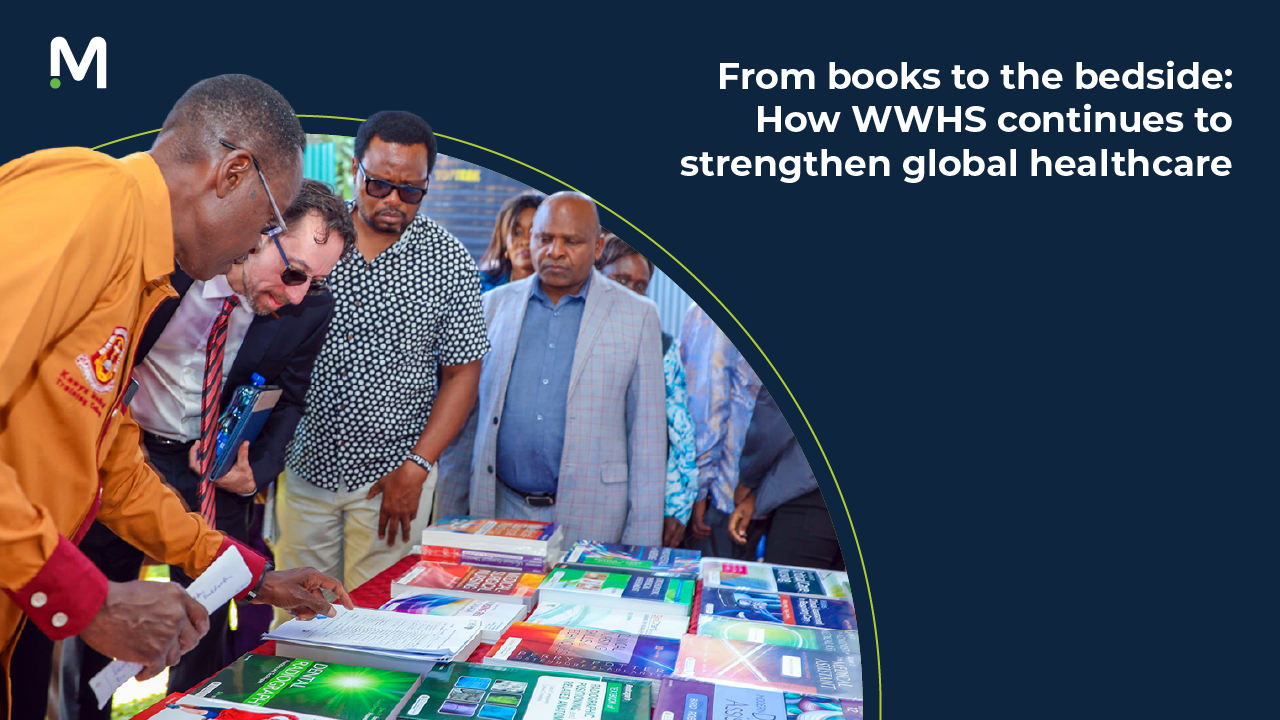Ron Hoppe • November 20, 2024
U.S. healthcare providers are very well aware of the pernicious shortage of RNs that has existed in varying degrees for decades. Today, the U.S. is graduating more RNs that ever before and yet the nursing headcount shortage lingers and, in some locations, getting worse. The reasons for this shortage are well documented across a wide body of academic research – essentially what employers are dealing with is a supply & demand imbalance in the workforce in that systemically there are more open positions than there are qualified applicants to fill them.
More recently a second type of nursing shortage is emerging that is proving to be as difficult or more difficult than the headcount shortage. This shortage relates to the growing shortage of experience.
As the number of new graduates has increased at the same time as the number of experienced RNs are leaving the workforce for various reasons, healthcare providers are seeing their RN workforce become increasingly novice. Noted workforce researcher Dr. Peter Buerhaus refers to this phenomenon as the ‘Experience – Complexity Gap’. Dr. Buerhaus’ research concluded that the US RN workforce force is losing about 2-million-person years of experience annually. This research concludes that by 2030 the U.S. RN workforce will have 20-million-person years of experience less than in 202. This is the direct result of experienced nurses being increasingly being replaced by those very much at the front end of their careers. Employers are having to provide more complex care with an increasingly novice workforce resulting in an Experience – Complexity gap. The good news is that there is a strategy that U.S. employers can implement now that will combat both types of the nursing shortage.
DIRECT HIRE international recruitment is not only a well-established plan for adding headcount, international RNs arrive with an average of 5-10 years of nursing experience in countries around the world.









